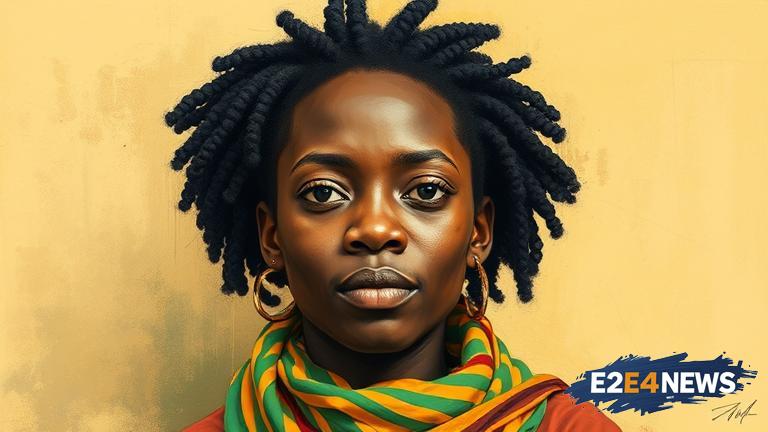The question of who is a Ghanaian has sparked intense debate and discussion in recent times. At its core, the concept of being a Ghanaian is deeply rooted in the country’s rich history and cultural heritage. Ghana, a country located in West Africa, has a diverse population with over 100 ethnic groups. The Akan, Mole-Dagbani, Ewe, and Ga are some of the major ethnic groups that make up the Ghanaian population. Despite the diversity, Ghanaians share a common sense of national identity and pride. The country’s history dates back to the ancient Ghana Empire, which was a powerful and influential empire in West Africa. The empire was known for its gold, ivory, and salt trade, which contributed to the country’s economic growth and development. Over the centuries, Ghana has been influenced by various cultures, including European, Arab, and African cultures. The transatlantic slave trade had a significant impact on the country, with many Ghanaians being forcibly taken to the Americas as slaves. Today, Ghana is a multicultural society with a blend of traditional and modern practices. The official language is English, but many Ghanaians also speak local languages such as Akan, Ewe, and Ga. The country has a vibrant culture, with a rich tradition of music, dance, and art. Ghanaians are known for their hospitality and warm welcome to visitors. The concept of community is also deeply ingrained in Ghanaian culture, with many people living in close-knit communities. In terms of national identity, being a Ghanaian is not just about citizenship, but also about shared values and traditions. Ghanaians take pride in their history, culture, and achievements, and there is a strong sense of patriotism and nationalism. However, the question of who is a Ghanaian is not without controversy. Some argue that being a Ghanaian is not just about birth or citizenship, but also about cultural identity and affiliation. Others argue that the concept of being a Ghanaian is too narrow and exclusive, and that it should be broadened to include people of Ghanaian descent who live outside the country. Despite these debates, being a Ghanaian is a source of pride and identity for many people. Ghanaians have made significant contributions to the world in various fields, including politics, sports, music, and literature. The country has produced notable figures such as Kwame Nkrumah, who was the first president of Ghana and a leading figure in the pan-African movement. Ghanaians have also made significant contributions to the global economy, with many working in industries such as finance, technology, and healthcare. In conclusion, the concept of being a Ghanaian is complex and multifaceted. It encompasses a range of factors, including history, culture, language, and national identity. While there may be debates and controversies surrounding the concept, being a Ghanaian is a source of pride and identity for many people. As the country continues to grow and develop, it is likely that the concept of being a Ghanaian will continue to evolve and adapt to changing circumstances.





